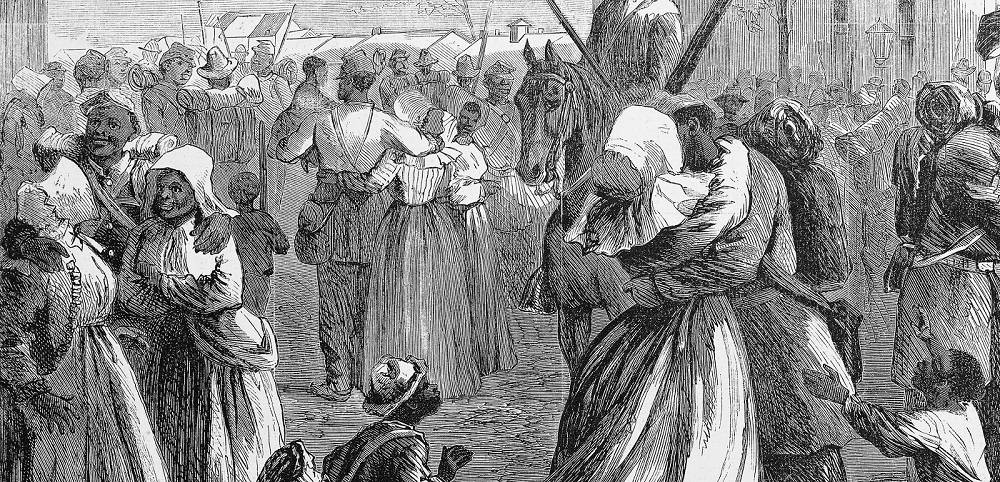Almost half a century ago, an apparent graduating senior at La Salle College in Philadelphia, who had been there for seven years, wrote an unsigned editorial for La Salle’s 1971 yearbook, the Explorer. The text is now in the public domain. I wish I could figure out who wrote it. (It’s not clear whether the photograph is his portrait.)
Here’s the whole thing:
Maybe the ivy has grown a bit more dense and the bricks slightly more weatherbeaten. There might be a little more grass in McCarthy Stadium, and there’s a lot less room to park in the morning. The hamburgers still taste raunchy, and the steaks are still more gristle than meat. But have the students changed from 1964 when I started here?
 The graduates of the class of 1964 put on their Ivy suits, went for job interviews and were hired, and happily led meaningful existences ever after selling insurance, cars, and real estate. Some went to war and were killed; some went to graduate and professional schools. Most got married and had children. Some joined the alumni association, and some go to the meetings.
The graduates of the class of 1964 put on their Ivy suits, went for job interviews and were hired, and happily led meaningful existences ever after selling insurance, cars, and real estate. Some went to war and were killed; some went to graduate and professional schools. Most got married and had children. Some joined the alumni association, and some go to the meetings.
What will the graduates of the class of 1971 do? Many will shave their beards, cut their hair, put on brand new 1971 suits and be interviewed for 1971 jobs to put 1971 dollars into their 1971 pockets, and will happily lead 1971 existences ever after selling 1971 insurance, 1971 cars, or 1971 real estate. Some will go into the service to protect the 1971 country from the 1971 menace, and some will go to professional schools. Some will join the alumni association, and some will go to the meetings to spice them with 1971 things.
Where is the difference? People spoke against the president way back in 1964, but not as frequently (but then, Richard Nixon wasn’t president in 1964). There was organized protest in 1964, but organized protest wasn’t “in” back in ’64 as it is today. In 1964 drivers snarled at you when they cut you out on the road; today, they give you the Peace Sign while they still cut you out.
Which of the 1971 graduates will protest against sins against the ecology when these same people now work for the very companies polluting the air and streams, and dollars spent for ecology will mean less profit-sharing or perhaps the loss of a job?
Will the graduates of the class of 1971 grumble against intellectuals causing unrest when today’s graduates are running the country? Are the graduates of the class of 1971 a bunch of phonies who wear long hair and beards because this signifies a cause which they believe in, or because it’s “hip”? Will the graduates of the class of 1971 follow the example of their predecessors and lead meaningless existences in a dehumanizing society, or will they remember some of the causes they led protests for, remember that they are members of the Love Generation and the Woodstock Nation, and be genuine, feeling people, or will their humanity and sincerity sink into the corporate image?
Until now, no class graduating from La Salle has been different. The class of 1971 has yet been untested, but from all indication it will follow the way of the others, but damn, I hope not.
I almost don’t want to spoil that with my own commentary. But let me add some context.
Continue reading ““What Will the Class of 1971 Do?”” →


